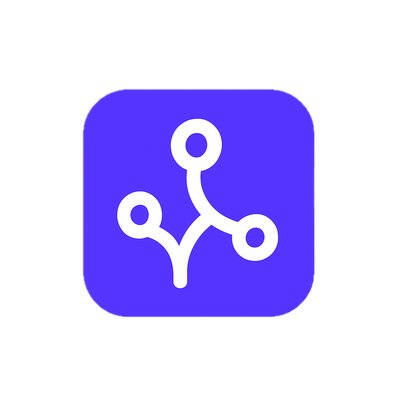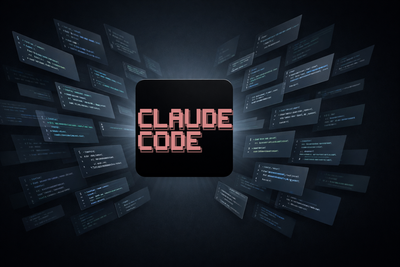Senior Developers Are Better at Using AI Agents

There's a fascinating new study on Cursor, the AI coding assistant that's been taking over developer Twitter/X. Researchers tracked actual usage data from 1,000 companies to see what happens when developers get AI that can write code from plain English instructions.
The Setup
Cursor is a code editor (like VS Code) with AI built in. It has two main AI features:
- Tab autocomplete: suggests code as you type (think Gmail's smart compose, but for code)
- Cursor Agent: you describe what you want in plain English, and it writes entire functions or features
The agent launched in November 2024, which created a natural experiment to see what happens when developers suddenly have AI that can handle bigger chunks of work.
The Surprising Finding
Here's what's weird: Junior developers accepted MORE suggestions from the autocomplete feature. But senior developers accepted MORE suggestions from Cursor Agent.
For every 6 to 7 years of experience, developers accepted agent suggestions about 6% more often.
This is backwards from what most people expected.
The reason is actually pretty intuitive once you think about it:
Autocomplete helps you execute tasks. It makes typing faster. Junior developers benefit because they're still learning syntax and patterns.
Cursor Agent helps you delegate tasks. You tell the AI what to do, then check if it did it right. This needs different skills:
- Context: understanding the codebase well enough to know what to ask for
- Clarity: explaining your intent precisely
- Evaluation: spotting when the AI's code looks right but is subtly wrong
Senior developers have spent years doing exactly these things with human teammates. They know how to break down problems, communicate technical requirements, and review code. These "people management" skills translate directly to "AI management" skills.
Subscribe to continue reading






